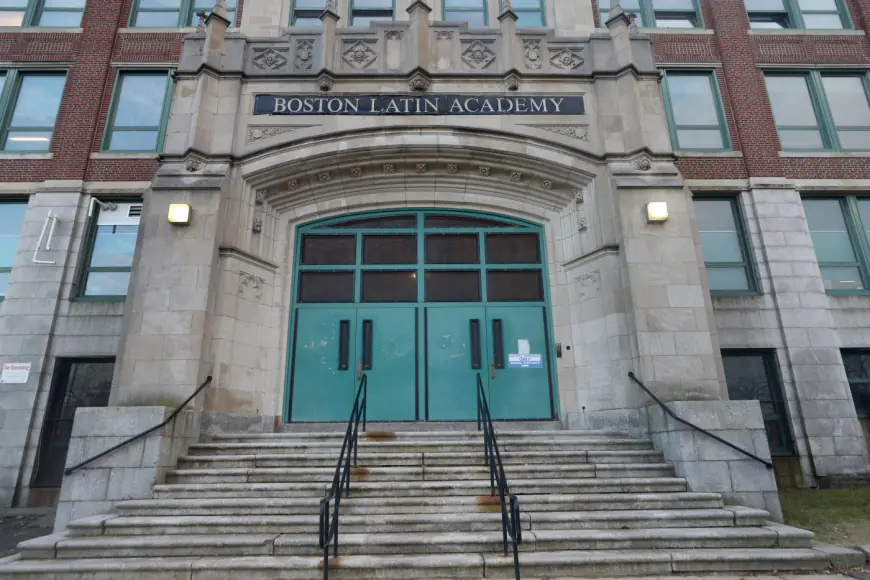Supreme Court rejects appeal over BPS race-conscious exam school admissions policy
The U.S. Supreme Court rejected an appeal from Boston parents who said BPS's temporary exam school admissions policy during the pandemic discriminated against white and Asian students on Monday.

The U.S. Supreme Court rejected an appeal from Boston parents who said BPS’s temporary exam school admissions policy during the pandemic discriminated against white and Asian students on Monday.
“The difficulty, as I see it, is that Boston has replaced the challenged admissions policy,” wrote Justice Neil Gorsuch in a statement on the court’s denial. “The parents and students do not challenge Boston’s new policy, nor do they suggest that the city is simply biding its time, intent on reviving the old policy. Strictly speaking, those developments may not moot this case. But, to my mind, they greatly diminish the need for our review.”
The Supreme Court Justices allowed a June 2023 decision from the 1st U.S. Circuit Court of Appeals, which said the Supreme Court’s decision against race-conscious college admissions policies did not apply to Boston’s temporary policy, to stand. Justices Samuel Alito and Clarence Thomas dissented.
The exam school policy in question, which only applied to the 2021-2022 school year, changed the standards for admission to exam schools — Boston Latin School, Boston Latin Academy and the O’Bryant School of Math and Science — to use quotas by student grade and ZIP code and suspended the use of the admissions test due to the pandemic.
More Black and Latino students and fewer white and Asian students were admitted under the policy.
A group of parents, the Boston Parent Coalition for Academic Excellence, argued the policy was intentionally discriminatory on the basis of race. The coalition sued on behalf of five white and Asian students, arguing they should be admitted to the exam schools now, but were ruled against in the U.S. District Court in Boston and through appeals.
In his dissent, Alito called the lower court ruling “a glaring constitutional error that threatens to perpetuate race-based affirmative action in defiance of” the court’s 2023 college admissions precedent.
Supporters of the policy said the decision sends a “signal.”
“Ever since the U.S. Supreme Court’s decision in the Harvard affirmative action case, right-wing groups have unsuccessfully tried to extend its reach to challenge diversity, equity, and inclusion,” said Iván Espinoza-Madrigal, executive director of Lawyers for Civil Rights, which argued in favor of the policy. “But today’s action by the Supreme Court sends a clear signal: there’s no appetite for extending the affirmative action decision beyond its narrow scope in college admissions.”
Justice Neil Gorsuch echoed the other Justices’ concerns with the policy.
“Our decision today, however, should not be misconstrued,” Gorsuch wrote, saying the denial “does not signify that the Court necessarily agrees with the decision” and noting “lower courts facing future similar cases would do well to consider” the dissenting Justices’ concerns.
What's Your Reaction?









































































































